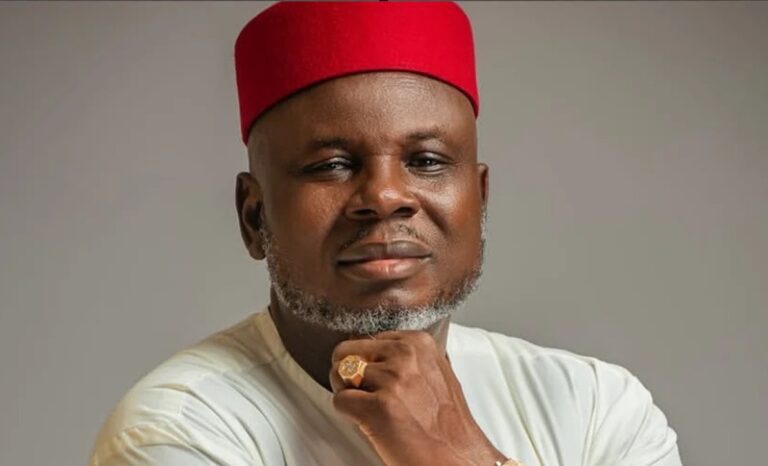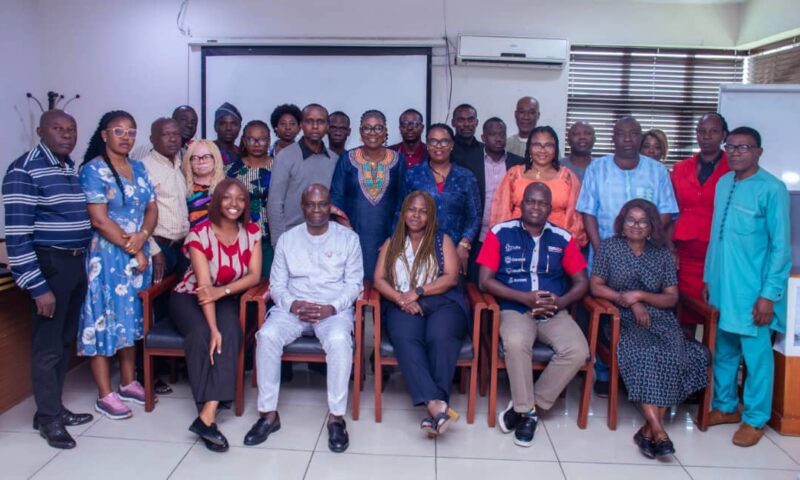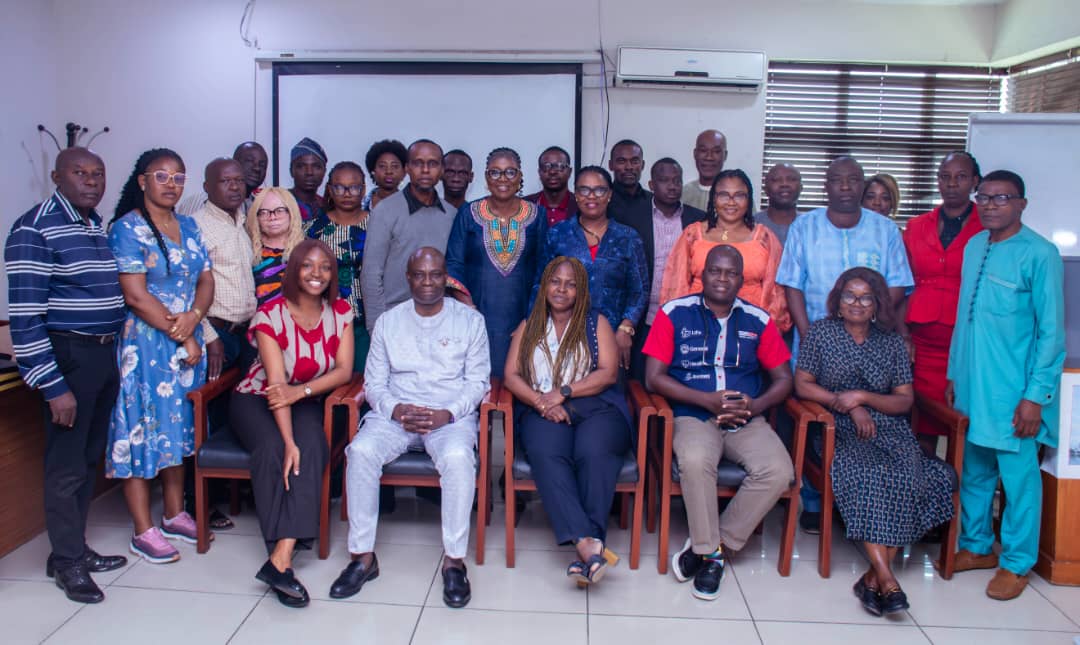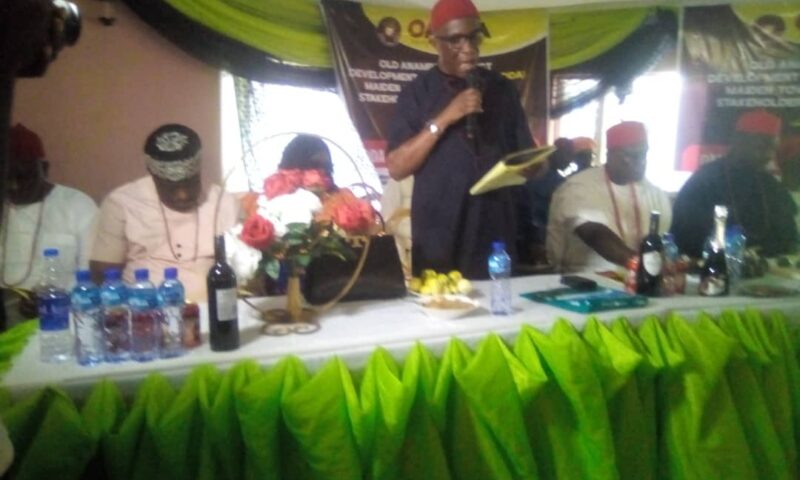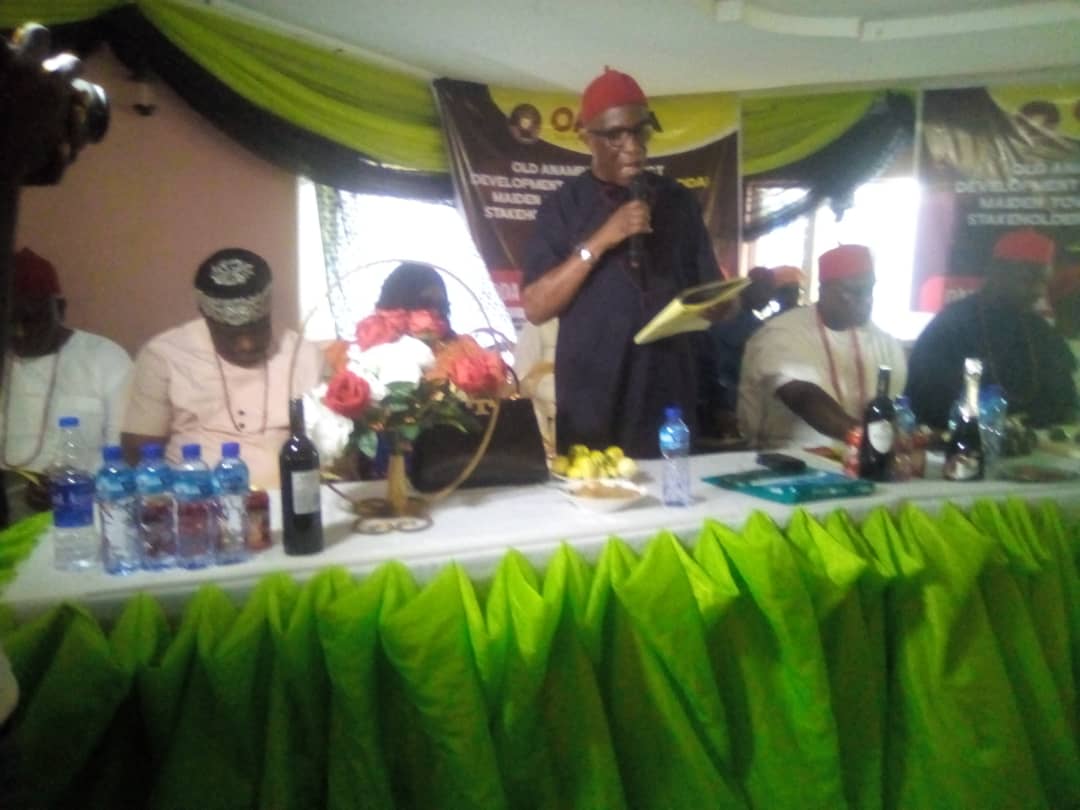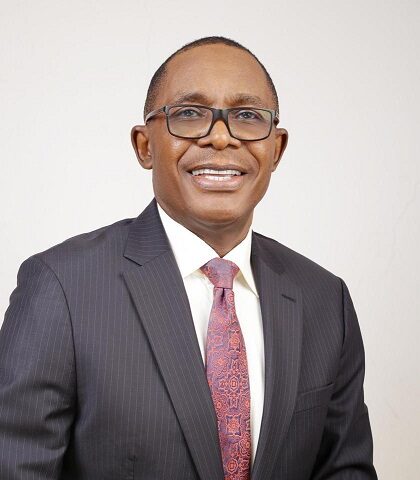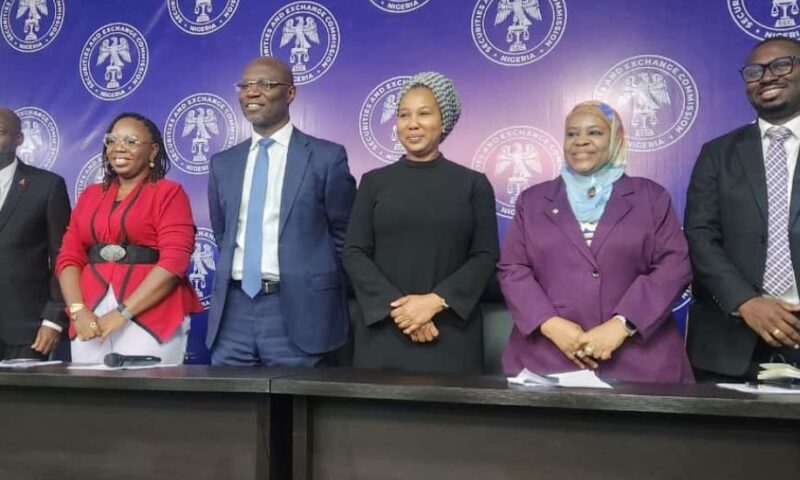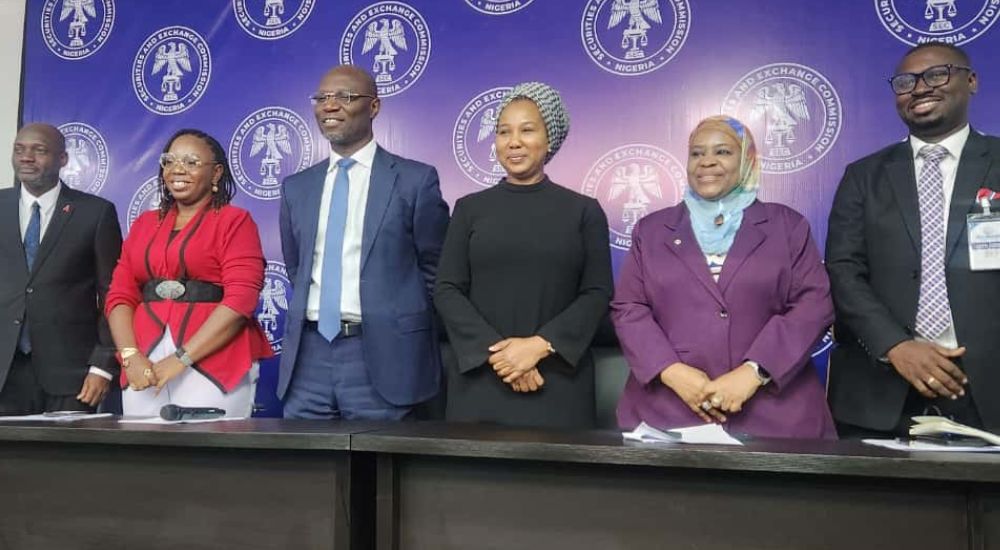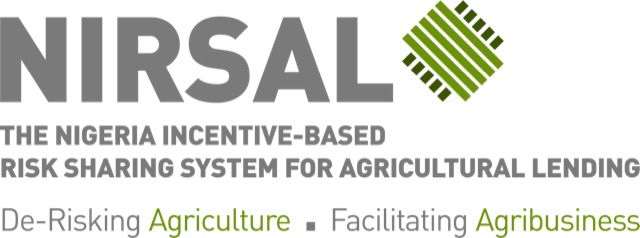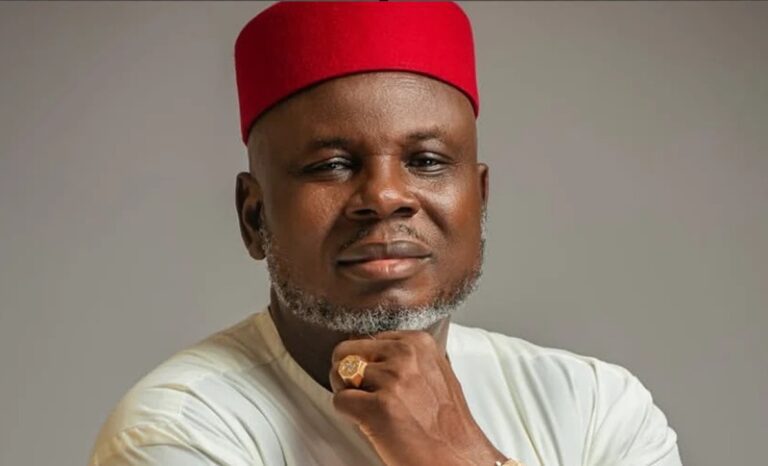By Nnedinma Michael
When President Bola Ahmed Tinubu placed the APC flag in the hands of Prince Nicholas Ukachukwu and his running mate, Senator Uche Ekwunife, and declared, “Go and get me Anambra. We will work with you, come rain, come shine,” those words were not mere political utterances. They were a declaration of faith, a call to destiny, and a solemn commitment that still echoes powerfully across Anambra today.
That moment ignited a new hope in the hearts of Ndi Anambra — hope that after years of disconnection from the center, the state is finally on the path to reclaiming its rightful place in Nigeria’s mainstream development. It was a symbolic transfer of trust and responsibility, an expression of confidence in the capacity of Prince Nicholas Ukachukwu to bring home victory and deliver purposeful governance that speaks to the dreams of the people.
Since that charge was made, it has continued to reverberate across communities, towns, and political circles in Anambra. For many, it was not just the President speaking to a candidate; it was the leader of the nation placing the destiny of an entire people into the hands of a man he believes can transform their lives and lift their hopes.
Prince Nicholas Ukachukwu, fondly called Ikukuoma, is not a stranger to the people. He is a man whose life has been defined by service, generosity, and integrity. Over the years, he has touched lives in countless ways — building schools, offering scholarships to thousands of children, empowering widows and artisans, providing healthcare for the sick, and supporting churches and community development projects. He is a man who lives for others, a man whose philanthropy has long spoken louder than politics.
Born into a humble but noble family in Osumenyi, Nnewi South, Ukachukwu rose through sheer determination, faith, and hard work. He built a successful career in business, real estate, and public service, creating opportunities for others along the way. His story is the story of resilience and grace — the story of a man who believes that true leadership begins with compassion.
It is this same compassion that now drives his vision for Anambra State. For Ukachukwu, politics is not about power; it is about people. His mission is simple — to make Anambra work again, to restore peace and order, to create jobs for the youth, and to return dignity to governance. His dream is to see an Anambra where every child has the opportunity to succeed, where the elderly are cared for, and where hard work is rewarded.
President Bola Tinubu’s endorsement of Ukachukwu is, therefore, not just political strategy — it is a seal of trust. Tinubu, a man who has built his legacy on identifying and nurturing capable leaders, has seen in Ukachukwu the qualities that produce results. The President’s confidence in him is a reflection of his understanding that the man who once built successful ventures from scratch, who has given back to his people even without holding office, will certainly deliver excellence when given the platform to lead.
The President’s words, “We will stand by you, come rain, come shine,” are still ringing with renewed energy. They represent a partnership that promises to bring Anambra closer to the center of national development. They represent a future where Anambra will no longer stand alone but will stand tall among states driving the engine of Nigeria’s growth.
The APC has shown readiness and unity of purpose. From the leadership at the national level to the grassroots in Anambra, there is a renewed sense of mission. The support behind Ukachukwu is broad and determined, driven by the belief that the time has come to end years of stagnation and isolation. The people are eager for change — for a leadership that is accessible, competent, and compassionate.
President Tinubu’s confidence in Prince Ukachukwu is rooted in his belief in performance and results. His own story in Lagos remains a testament to what vision and discipline can achieve — turning a state once burdened with challenges into a global economic hub. That same model of effective governance is what he envisions for Anambra through Ukachukwu — a leadership that will prioritize development, attract investments, ensure security, and build prosperity from the grassroots up.
Ukachukwu’s leadership style embodies humility and inclusiveness. He is a bridge between the old and the young, the wealthy and the struggling, the traditional and the modern. His partnership with Senator Uche Ekwunife further strengthens this ticket, combining experience, gender balance, and grassroots reach. Together, they present a credible and balanced team that understands both the pulse and the pain of the people.
The message they carry is clear: it is time to bring Anambra back to the center of national decision-making, to reconnect the state to the heartbeat of Nigeria’s progress. The people of Anambra are hardworking, creative, and enterprising. What they need is a government that matches their energy with vision — one that can unlock their full potential through access to opportunities and federal partnerships.
The endorsement of Prince Ukachukwu has already transformed the political mood across Anambra. From Awka to Onitsha, Nnewi to Ihiala, and the riverine communities of Ogbaru to the uplands of Aguata, there is a quiet but growing belief that change is finally within reach. The APC’s message of development, good governance, and security is resonating deeply with the people.
Ukachukwu’s campaign is people-driven, focusing on the real issues affecting everyday lives. He speaks about restoring peace and ending insecurity, about empowering small businesses, fixing roads, improving schools and hospitals, and giving every community a voice in government. He believes that leadership must be about compassion, not corruption — about results, not rhetoric.
The charge from the President continues to serve as both a motivation and a reminder that Anambra deserves more — that the state must rise again to its full glory. Ukachukwu represents that hope, that promise, that possibility. He stands as a bridge between the federal government and the people, ready to harness national support for local growth.
For too long, politics in Anambra has been about survival and power play. Ukachukwu’s entry has changed the narrative. He brings credibility, humility, and a clear roadmap for progress. His story inspires confidence because it is real — it is the story of a man who has lived among the people, who knows their struggles, and who has never turned away when they called.
President Tinubu’s blessing has given this movement wings. The same energy that transformed Lagos, the same leadership philosophy that emphasizes efficiency, accountability, and results, is now being extended to Anambra through this alliance. It is a partnership that promises peace, growth, and inclusion.
Ndi Anambra now stand at the crossroads of history. The future beckons — a future of unity, security, and shared prosperity. The voice of hope is clear, the direction is set, and the leadership to drive it is ready. With Prince Nicholas Ukachukwu at the helm, backed by the vision and support of President Bola Ahmed Tinubu, the journey toward a greater Anambra has already begun.
Every generation is given one opportunity to choose a leader who truly embodies its aspirations. This is that moment. Prince Nicholas Ukachukwu is that leader. His heart beats for the people, his hands are clean, and his vision is clear. He is not seeking power for privilege; he is seeking leadership for purpose.
The time has come for Anambra to take its rightful place. The time has come to heed the call that still echoes — “Go and get me Anambra.” It is a call for service, a call for unity, and a call for progress. Under Prince Nicholas Ukachukwu, the Light of the Nation will shine brighter, and Anambra will rise again — stronger, safer, and more prosperous than ever before.
Anambra deserves better. Anambra deserves a new beginning. Anambra deserves Prince Nicholas Ukachukwu.





